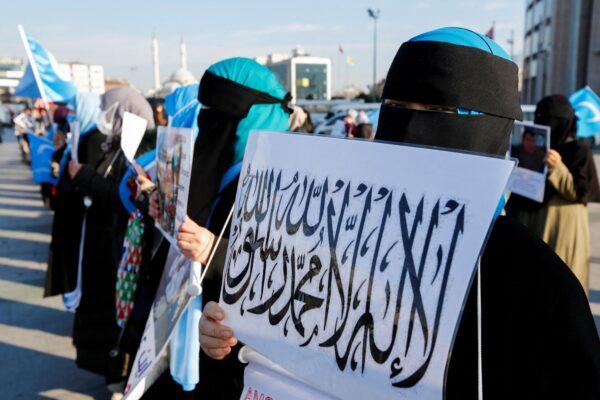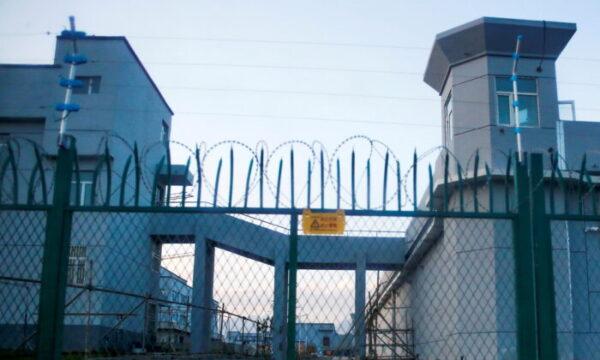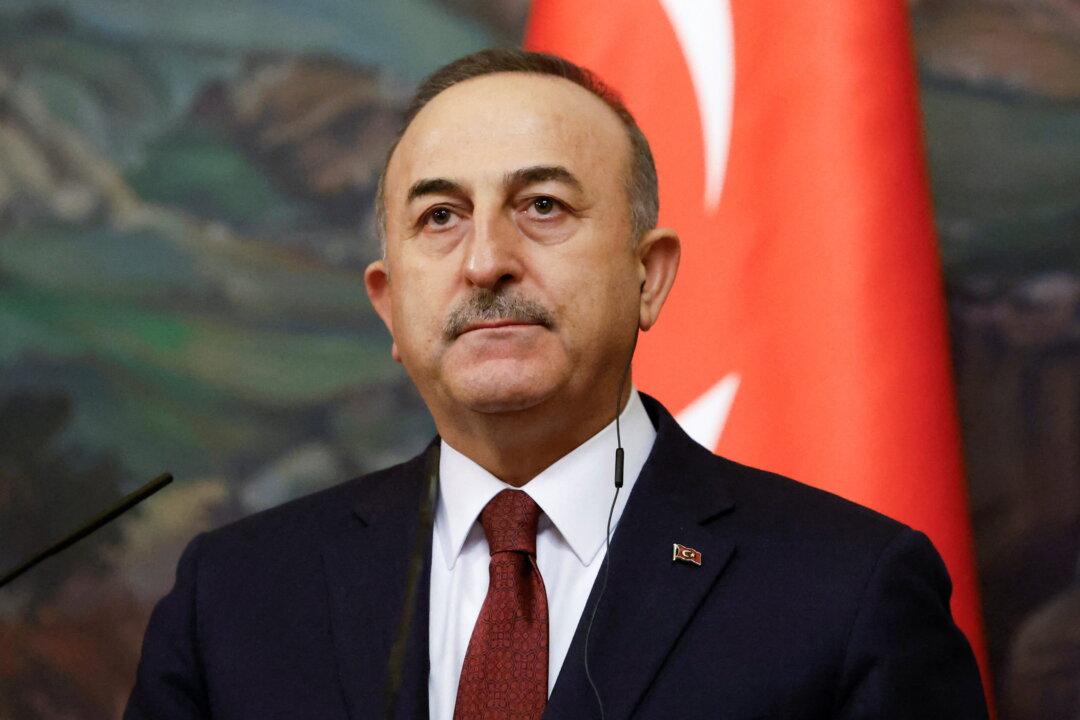The Chinese Communist Party (CCP) is “disturbed” by Turkey’s support for Uyghurs, one of China’s largest Muslim minorities, as Turkey refused to extradite Turkic Uyghurs to China, a Turkish official said on Dec. 29.
Turkish Foreign Minister Mevlut Cavusoglu said claims about Turkic Uyghurs being extradited to China were “a total lie” and that Turkey won’t cave to Beijing’s pressure, even if it hurts their bilateral relations.
“They have extradition requests for people who are our citizens, who live in Turkey all the time. Therefore, we don’t grant any such requests.”

“We defend Turkic Uyghurs’ rights in the international arena, and this disturbs China. But this is a humanitarian issue,” he said.
Cavusoglu claimed that Chinese authorities had blocked the Turkish ambassador from visiting the Uyghurs in the Xinjiang region and demanded that he adhere to a “program that they provide.”
The foreign minister said Turkey wants to cooperate with China in a transparent manner.
“Why should we become a tool for China’s propaganda? We want to cooperate. We don’t see this as a political issue,” he said.
50 Countries Condemn China

Turkey was one of 50 countries that signed a joint statement at the U.N. General Assembly on Oct. 31, 2022, urging the CCP to uphold its human rights obligations and release those who are “arbitrarily deprived of their liberty” in Xinjiang.
The United States, Japan, the UK, Australia, Germany, and Israel made up the largest group of countries to publicly condemn the Chinese regime’s ongoing human rights abuses.
The signatory countries urged Beijing to promptly release all detained individuals in Xinjiang, urgently clarify the fate and whereabouts of missing family members, and facilitate safe contact and reunion.
UN Votes Down Debate on Uyghurs
Leaders from the United States, the UK, and Canada called for a debate on the CCP’s suppression of Uyghurs and other minorities in Xinjiang after a U.N. report documented possible crimes against humanity in the region.Despite widespread concern about the U.N. report on the situation in Xinjiang, the U.N. Human Rights Council voted 19–17 against the motion for a debate, with 11 nations abstaining. It’s only the second time in the council’s 16-year history that a motion has been rejected.





